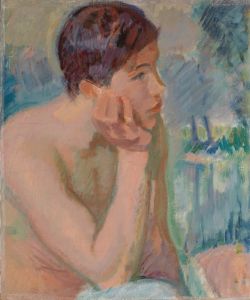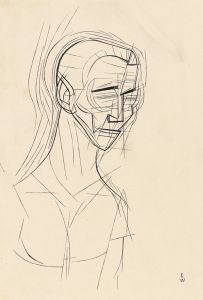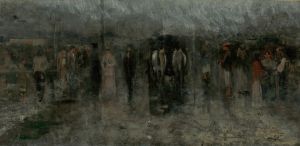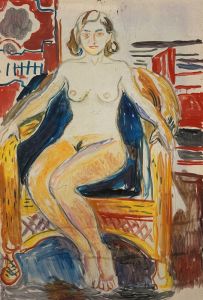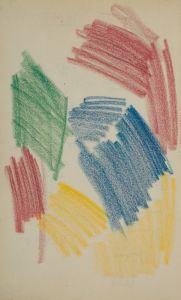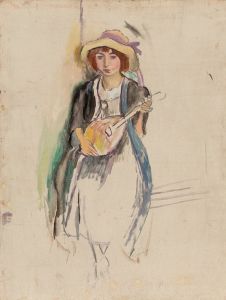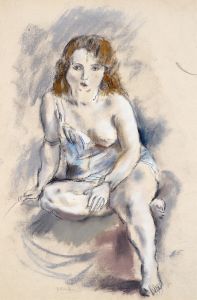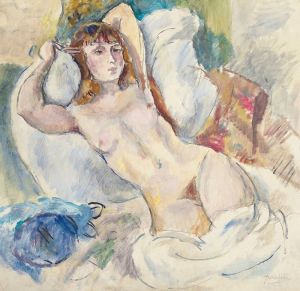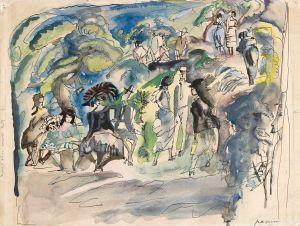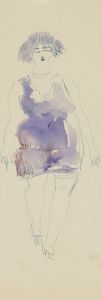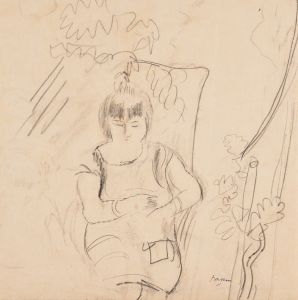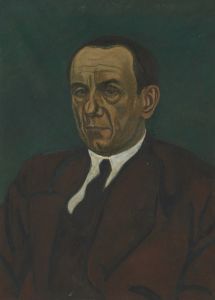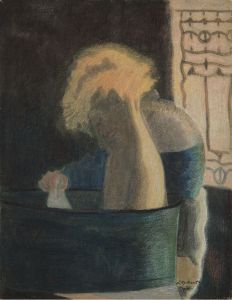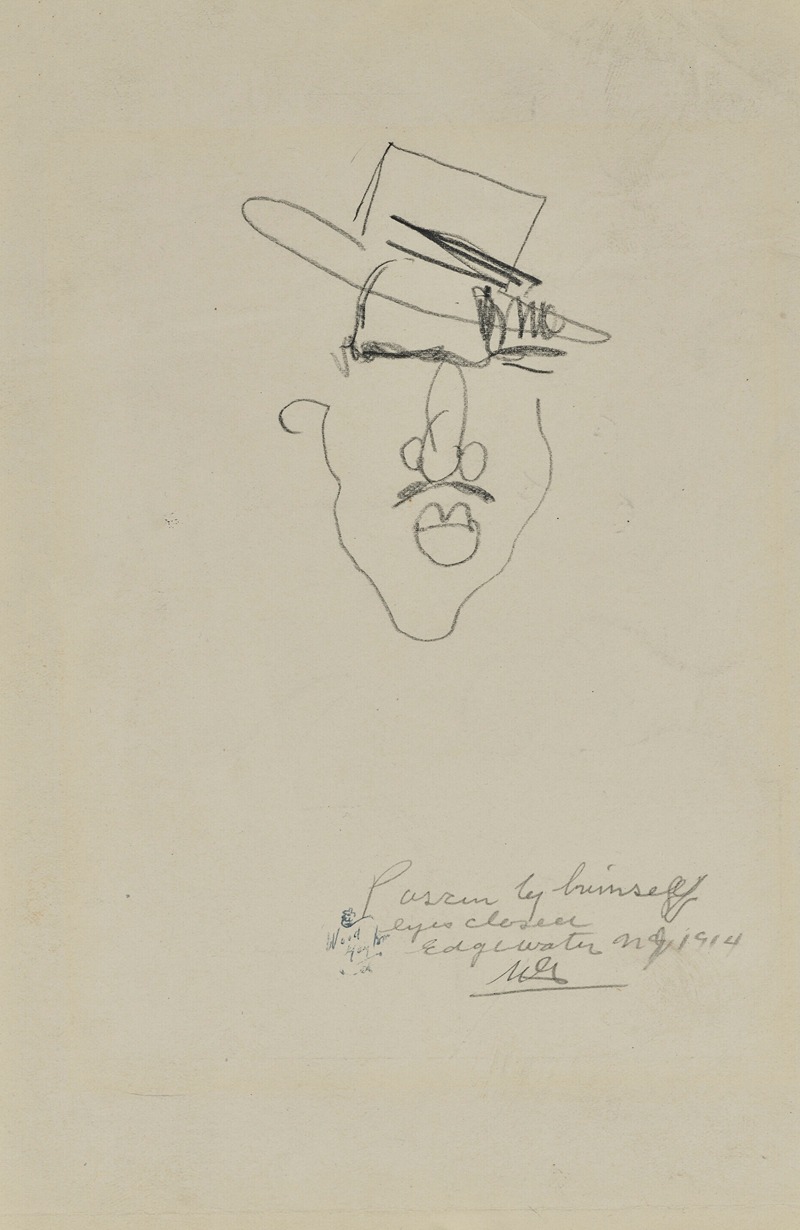
Autoportrait, les yeux fermés
A hand-painted replica of Jules Pascin’s masterpiece Autoportrait, les yeux fermés, meticulously crafted by professional artists to capture the true essence of the original. Each piece is created with museum-quality canvas and rare mineral pigments, carefully painted by experienced artists with delicate brushstrokes and rich, layered colors to perfectly recreate the texture of the original artwork. Unlike machine-printed reproductions, this hand-painted version brings the painting to life, infused with the artist’s emotions and skill in every stroke. Whether for personal collection or home decoration, it instantly elevates the artistic atmosphere of any space.
Jules Pascin, born Julius Mordecai Pincas on March 31, 1885, in Vidin, Bulgaria, was a renowned painter and draftsman known for his contributions to the art world in the early 20th century. He is often associated with the School of Paris, a group of émigré artists who lived and worked in the French capital. Pascin's work is characterized by its delicate lines, expressive figures, and often melancholic themes.
One of Pascin's notable works is "Autoportrait, les yeux fermés" (Self-portrait, Eyes Closed). This painting is a self-portrait, a genre that Pascin explored throughout his career. In this particular piece, Pascin depicts himself with his eyes closed, a pose that suggests introspection and a deep sense of personal reflection. The painting is executed with a soft, almost ethereal quality, typical of Pascin's style, which often combined elements of both realism and impressionism.
"Autoportrait, les yeux fermés" is a testament to Pascin's skill in capturing the human condition and his ability to convey complex emotions through simple yet evocative imagery. The closed eyes in the portrait might symbolize a retreat into the artist's inner world, a theme that resonates with Pascin's own life, marked by periods of intense creativity and profound personal struggles.
Pascin's life was as colorful and tumultuous as his art. He traveled extensively, living in various cities across Europe and the United States. His experiences and the people he met along the way greatly influenced his work. Despite his success, Pascin struggled with depression and alcoholism, which ultimately led to his tragic suicide on June 2, 1930, in Paris.
"Autoportrait, les yeux fermés" remains a significant piece within Pascin's oeuvre, reflecting both his artistic prowess and his complex personality. The painting is housed in a private collection, and its exact details, such as the date of creation, are not widely documented. However, it continues to be celebrated for its introspective quality and its ability to convey the depth of Pascin's inner life.
Pascin's legacy endures through his extensive body of work, which includes portraits, nudes, and scenes of everyday life. His influence can be seen in the works of many artists who followed him, and his contributions to the School of Paris have cemented his place in the history of modern art. "Autoportrait, les yeux fermés" is a poignant reminder of the artist's enduring quest to understand and depict the human experience.





